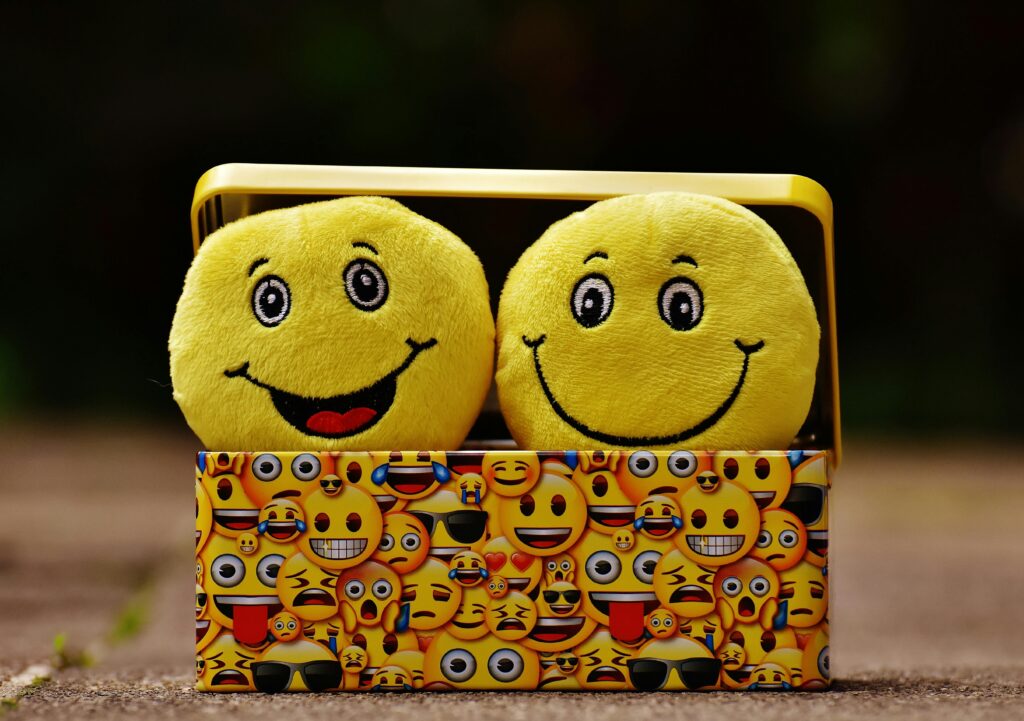depression is a common yet serious mental health condition that impacts a person’s emotions, thoughts, and daily life.
It’s not just occasional sadness — it’s a deep, ongoing sense of emotional and physical weight that can disrupt everyday functioning.
Table of Contents
Is Depression More Than Just Feeling Low?

Yes — depression is much more than occasional sadness or having a bad day. Everyone feels low sometimes due to stress, loss, or disappointment. But depression is a deeper, longer-lasting condition that affects a person’s emotional, mental, and even physical health.
While feeling low might pass with rest, support, or a good distraction, depression can linger for weeks, months, or even years if not addressed. It’s like a heavy fog that doesn’t lift — making everyday tasks, relationships, and even basic self-care feel overwhelming.
Depression isn’t a weakness or just “overthinking” — it’s a real, medical condition that deserves care, compassion, and support.
Persistent sadness or emptiness
Persistent sadness isn’t the same as feeling sad for a day or two. It’s a deep emotional heaviness that lasts for weeks or even months — often without any clear reason. You might smile on the outside, but feel empty inside.
This isn’t just about being sad — it’s about feeling disconnected from everything. Hobbies, friends, work, even dreams may suddenly feel meaningless or dull. It’s like living in a world where the colors have faded.
With normal sadness, things usually get better with time or support. But in depression, the sadness or emptiness stays and repeats, making everyday life feel exhausting — even when everything “looks fine” from the outside.
Loss of interest in activities once enjoyed
Whether it’s painting, music, reading, or sports — the things that once brought excitement and fulfillment now feel dull, boring, or even like a burden. It’s not laziness, it’s emotional numbness.
Spending time with friends or loved ones may start to feel draining or pointless. People with depression may pull away from social gatherings, cancel plans, or avoid conversations they once looked forward to.
Enjoyable everyday moments — a cup of chai, a favorite movie, a walk in nature — may stop feeling satisfying or comforting. It’s like the emotional connection to joy is muted or missing.
Changes in appetite (eating too much or too little)
Depression can disrupt the body’s natural hunger signals. Some people may overeat to cope with emotional pain, while others lose interest in food completely, even forgetting to eat.
These appetite shifts can lead to sudden weight gain or loss, often without trying. It’s not just about food — it’s a reflection of what the mind is going through emotionally.
The body and brain stop communicating in their usual rhythm. What used to be enjoyable — like your favorite meal — might taste bland or feel meaningless, or conversely, food might become the only source of temporary comfort.
Sleep disturbances (insomnia or oversleeping)
Many people with depression struggle to fall asleep or stay asleep. Their mind may race with negative thoughts, worries, or a sense of emptiness, making it hard to relax — even when they feel physically tired.
On the other end, some people may sleep excessively — 10–12 hours or more — yet still feel tired. For them, sleep becomes a way to avoid facing the day, responsibilities, or emotional pain.
Depression can throw off the body’s internal clock. People may sleep during the day and stay awake at night, creating a disorienting and unhealthy routine that further affects mood and energy levels.
Feelings of guilt, worthlessness, or helplessness
People with depression often blame themselves for everything, even things beyond their control. They may replay past mistakes in their minds or feel guilty for not “doing enough,” even when they’re trying their best.
A deep sense of worthlessness can set in — the belief that one’s life has no value or purpose. Even when others show love or appreciation, the person may feel like a burden or “not good enough.”
Depression can make the future feel empty or impossible. People may believe things will never get better, and feel stuck — like nothing they do will make a difference, no matter how hard they try.
Difficulty concentrating

Depression often brings a kind of mental fog — making it hard to focus, process information, or make decisions. Even simple tasks like reading a paragraph or replying to a message can feel overwhelming.
You might forget things easily, lose your train of thought mid-sentence, or struggle to recall details. It’s not about intelligence — it’s the brain reacting to emotional overload and fatigue.
Concentration problems can affect work, studies, and daily life. It becomes harder to stay organized, complete tasks, or feel motivated, often leading to frustration or self-doubt.
How to come out of depression

1.Acknowledge Your Feelings
The first step to healing is accepting that you’re struggling. Depression is not a weakness — it’s a real condition, and acknowledging it opens the door to recovery.
2.Talk to Someone You Trust
Don’t keep everything inside. Share your feelings with a friend, family member, or someone who understands. You’re not alone, and talking helps lighten the emotional load.
3.Build a Simple Daily Routine
Start with small habits — a short walk, regular sleep, healthy meals, or 10 minutes of sunlight. Structure brings stability and slowly helps the mind feel safer.
4.Seek Professional Help
Therapists or counselors are trained to guide you through tough times. Therapy or medication (if needed) can make a big difference. It’s okay to ask for help.

5.Do One Small Thing You Enjoy
Even if you don’t feel like it, try to reconnect with a hobby or activity you once liked — music, drawing, gardening, or just sitting in nature. Small joys can slowly bring light back in.
No matter how heavy the storm, remember: you are stronger than you think. Every small step you take towards healing is progress. Don’t be hard on yourself — growth takes time. Keep pushing forward, even on tough days. The light will find you again. You are worthy of peace and happiness. Keep going.
No matter how deep the darkness feels right now, remember — it is not permanent. You have faced storms before, and you still stand. This moment does not define your entire life. Every small step you take is a victory. Breathe. Heal. Grow. You are stronger than your doubts, braver than your fears, and more powerful than you realize. Don’t be afraid to ask for help — that’s a sign of strength, not weakness. The light you seek is already within you. Keep going. Keep believing. You’re not alone — your story is still unfolding, and better days are coming.
Depression is a mental health condition that affects millions of people worldwide. According to the World Health Organization, over 280 million people globally suffer from depression, making it a leading cause of disability.
see our other blog on Transform Your Body and Mind


1 thought on “What is depression ? And 5 points How to recover from depression..! (5 Strong and Simple Steps to Heal)”